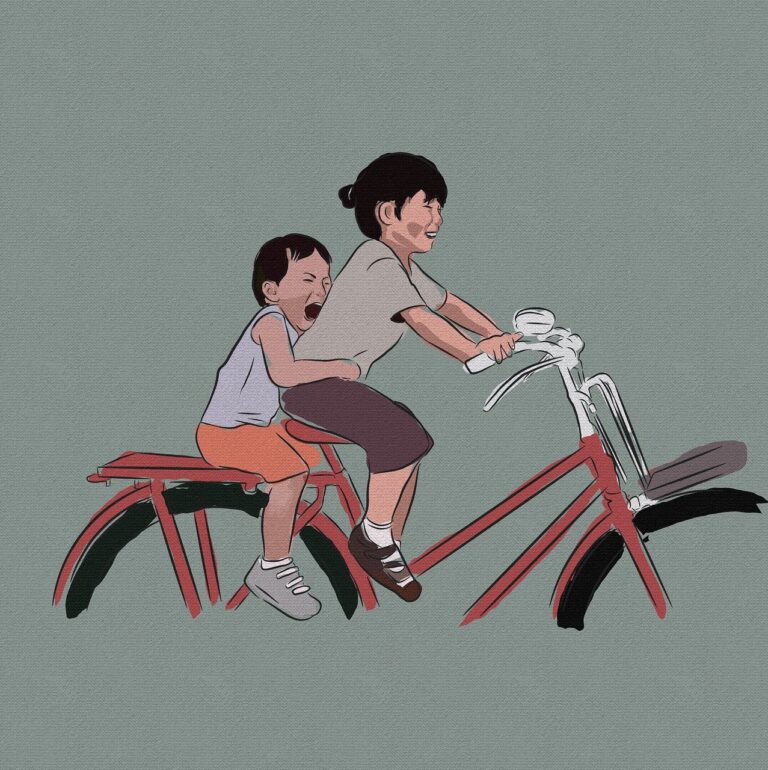The journey of Naija movies started in the early 1990s with the production of straight-to-video films. naija movies -budget films were often fired utilizing fundamental equipment and were distributed on VHS tapes and in the future VCDs. Despite the lack of high production quality, the stories resonated with local audiences because they were told in languages and setups that they might quickly connect to. This link assisted Nollywood gain widespread appeal in Nigeria and amongst the African diaspora.
Language is another key element in Naija movies. While many are created in English, others are made in indigenous Nigerian languages like Yoruba, Igbo, and Hausa. This diversity allows filmmakers to reach a wider range of viewers and maintain local languages and societies. Captions are often offered to make the movies easily accessible to non-native speakers, helping to link the language void and rise global appeal.
Actors and starlets in Nollywood have also become stars in their very own right. Names like Genevieve Nnaji, Ramsey Nouah, Omotola Jalade-Ekeinde, and Richard Mofe-Damijo are popular across Africa. These actors bring deepness and personal appeal to their duties, contributing to the success of the films they star in. New talents are frequently emerging, bringing fresh power and point of views to the industry.
Nevertheless, the durability and creativity of Nigerian filmmakers can not be overstated. With restricted resources, they have actually managed to construct an industry that equals Hollywood and Bollywood in result. A number of them operate independently, composing, routing, generating, and even acting in their very own films. This spirit of freedom and entrepreneurship is just one of the reasons why Nollywood continues to grow.
Naija movies, also known as Nollywood films, are a significant part of Nigerian culture and entertainment. For many years, they have actually grown from humble beginnings into a global sensation, exciting audiences across Africa and beyond. The industry has actually become one of the largest film industries on the planet in terms of quantity, producing hundreds of movies yearly. These films are known for their special storytelling, vivid characters, and solid social aspects that mirror the daily lives, battles, and happiness of the Nigerian people.
Despite its development, the industry still faces difficulties. Funding continues to be a major difficulty, with many filmmakers struggling to protect the financial backing needed for production and distribution. Piracy is another issue, as unapproved copies of films are often marketed inexpensively on the streets, cutting into the incomes of the developers. There is also the need for much better framework and expert training to even more improve the quality of films being generated.
Naija movies are more than simply entertainment; they are a reflection of the Nigerian spirit. They display the richness of African culture, the resilience of its individuals, and the creativity that exists in every edge of the continent. Whether it’s a tear-jerking drama, a heartwarming love tale, or a laugh-out-loud funny, there is constantly something to appreciate and pick up from Nollywood. As long as stories need to be told, Naija movies will certainly continue to belong on displays all over the world.
The future of Naija movies looks promising. With boosting support from both the federal government and economic sector, the industry is readied to grow even bigger. More film events and award programs are being arranged to celebrate the achievements of Nollywood. Training institutes and workshops are also being developed to groom the next generation of filmmakers.
Nollywood has also become an important system for resolving social issues. Through film, producers and directors have the ability to highlight subjects such as residential violence, gender equal rights, psychological health and wellness, and political corruption. These messages often spark conversations and raise awareness, verifying that entertainment can also be a tool for education and learning and advocacy.
As the industry evolved, so did the quality of the films. Technical developments and boosted investment led to enhancements in cinematography, sound style, and editing. Today, many Naija movies are shot in high definition with professional-grade equipment, and some are even shown in cinemas both locally and worldwide. Streaming platforms have also played a big function in boosting the visibility of Nigerian films. Provider like Netflix, Amazon Prime Video, and YouTube have given a global system for Nollywood, allowing filmmakers to get to new audiences and gain recognition worldwide.
Among the strongest aspects of Naija movies is their storytelling. They often discover themes such as love, betrayal, household, tradition, corruption, and passion. These styles are not just relevant to Nigerians but are also global, which belongs to why the movies attract a wide target market. Whether it’s a country town drama or a contemporary city story, the characters are typically relatable and the stories involving. Using humor, suspense, and emotional twists keeps visitors glued to their displays.
Recently, collaborations between Nigerian filmmakers and their global counterparts have also started to form. These collaborations are helping to improve technological standards and bring fresh concepts into the industry. They also provide possibilities for cross-cultural storytelling, allowing Naija movies to be shared with even wider audiences.
Subscribe to Updates
Get the latest creative news from FooBar about art, design and business.
Previous ArticleSeven Incredible Things You Can Master From GoKarts
